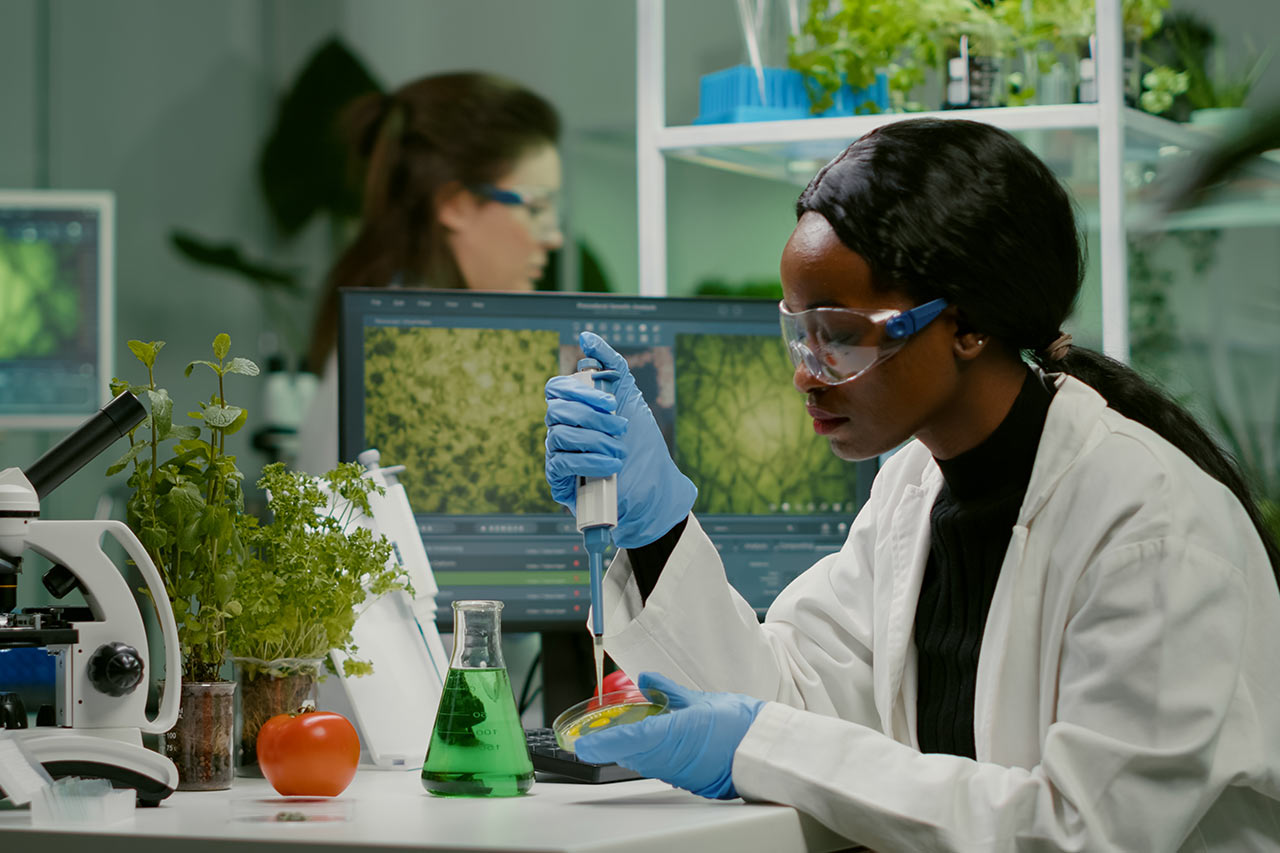We all find ourselves at some point floating between the thin veils of our known reality and mystical realms. The mysteries of the mind and human perception are as strange as they are fantastic, but some bold minds—scientists, philosophers, and adventurous souls—have discovered an unexpected tool to help uncover and navigate the depths of the mind. You may have heard of these mind expanding tools in recent buzz —psychedelic substances.
Psychedelics —powerful agents capable of transforming human consciousness and perception— have been a subject of fascination, fear, and rigorous study throughout human history. From their ancient use in spiritual rituals to their modern stigmatization and resurgence revival as potential healing tools, these substances have held our collective fascination and provoking lively debates across the ages.
So, what’s the big deal with these substances? Are they just infamous disruptors of society, or do they have a secret identity as potent therapeutic aids and invaluable tools for unraveling the secrets of our brain and consciousness? The answer is far from straightforward and it’s highly dependent on cultural, medical, and personal perspectives.
A Time Capsule: Tracing the Roots of Psychedelics
The classic psychedelic family includes well-known members such as LSD, Mescaline, Psilocybin, DMT, and Ibogaine and can also include substances like MDMA, Ketamine for their psychedelic traits.
These mind-altering substances—sourced from plants, fungi, and animals— have traditionally been used in various cultures to communicate with the spiritual realm. Historical records hint at the influential role psychedelics may have played in the birth of religions and the evolution of human consciousness.
In our Western, Christian-rooted societies, we might frown at the concept of seeking divine connection through non ordinary states of consciousness produced by psychoactive substances. But traditional societies across the globe would beg to differ. From the Bwiti tribes of West Africa using the Iboga tree, to the North American First Nations communing with Peyote cactus in their spiritual ceremonies, nature has always been revered. It’s even believed by the Mazatec tribes of Mexico that sacred mushrooms sprouted where the tears of Christ fell.
Modern practices with Sacred Plants include the Amazonian use of Ayahuasca (a plant concoction rich in DMT), North American First Nations people’s reverence for Peyote cactus (containing mescaline), and a global fascination with magic mushrooms (brimming with psilocybin).
The Modern Psychedelic Quest


From the psychedelic heydays of the ’60s until now, researchers have braved the psychedelic depths, exploring these substances as potential gateways to mystical, and perhaps even divine, experiences.
Dr. Albert Hofmann, famous for his accidental brush with LSD, sparked a wave of psychedelic research in the 1950s. But despite their long history of traditional use, psychedelic research suffered a severe blow in the mid-20th century. In the Western world, fear of the counterculture movements of the 1960s led to a wide-scale vilification and criminalization of these substances. The 1971 United Nations Convention on Psychotropic Substances put the final nail in the coffin, enforcing prohibition globally.
Despite these hurdles, psychedelic research survived, though mostly undercover, with steadfast therapists and scientists continuing to investigate these substances for their therapeutic potential. Breakthrough researchers and advocates like Rick Doblin of MAPS, Amanda Fielding of the Beckley Foundation and Stanislav Grof who developed transpersonal psychotherapy and holotropic breathwork practices based on the psychedelic experience, continued to pave the way through the dark ages. Psychedelics like LSD, psilocybin, and MDMA are now being accepted and explored for their ability to boost psychotherapy, nurture empathy, and assist patients in addressing past traumas.
Psychedelics Break into Psychiatry: An Unexpected Revelation
Much like the microscope revolutionized biology, psychedelics could provide us with game-changing insights into the workings of the human mind. They could be the key to unlock a deeper understanding of our brains, explore extraordinary phenomena like ESP or near-death experiences, and illuminate the neurophysiological changes during meditative states.
A rising acceptance for psychedelic substances in therapeutic settings is emerging, as mental health organizations and research institutes discover new data from clinical trials and intensive research. This newfound knowledge is fueling advocacy for the decriminalization and reintroduction of these substances for medical research and use.
Current clinical trials are putting compounds like psilocybin (magic mushrooms), LSD, MDMA, and ketamine under the microscope. The trials often welcome participants battling conditions like depression, anxiety, PTSD, and substance use disorders, who haven’t experienced significant improvement from traditional treatments. These trials aren’t just about measuring safety and effectiveness but aim to integrate these substances into a wider framework for mental health treatment.
The Legalization Landscape Explained


The psychedelic renaissance is riding a wave of promising data on the potential therapeutic benefits of these substances, causing many regions—primarily in North America— but also globally, to reassess their legal systems.
In 2021, Australia’s Therapeutic Goods Administration (TGA) took a monumental step by rescheduling MDMA and psilocybin from Schedule 9 (Prohibited Substances) to Schedule 8 (Controlled Drugs), enabling their use in clinical trials and future treatments. This makes Australia the first country in the world to formally recognize the therapeutic use of psychedelics.
Don’t fret, the US isn’t far behind! Oregon led the charge in November 2022 by legalizing psilocybin, the active ingredient in “magic mushrooms,” for therapeutic use. While not legal for recreational use, Measure 109 permits regulated medical use of psilocybin.
Between 2019 and September 2022, an intriguing shift in the world of drug legislation took place. According to a study in JAMA Psychiatry, a whole of 25 US states mulled over 74 new proposals, aiming to loosen the reins on psychedelic laws. They’ve made real progress too, with 10 of these bills becoming law in seven states.
The main players? Psilocybin, featured in a whopping 90% of these proposals, and MDMA, mentioned in over a third. The direction of change is clear: more than half of these bills aimed to soften penalties, while others asked explicitly for decriminalization.
In November 2022, the US nonprofit Multidisciplinary Association for Psychedelic Studies (MAPS) completed its second phase-three trial using MDMA for PTSD treatment. The promising, yet unpublished data, reflects similar positive results from MAPS’ first phase-three MDMA trial in 2021. Based on these findings, MAPS plans to apply for FDA approval, aiming for potential approval by 2024.
These shifts reflect a changing societal attitude, acknowledging the potential value of psychedelics when used responsibly and under professional guidance.
If you are in the United States, you can keep an eagle eye on these fast moving legislations by using a handy digital tracker provided by Psychedelic Alpha.
Emerging Possibilities: A Glance at What’s Ahead


These changes have opened the door for the clinical use of substances like psilocybin, MDMA, ketamine, and marijuana. With marijuana increasingly legalized for both medical and recreational use, it could serve as a model for regulating other psychedelics.
Startups in the field of psychedelics are booming and their growth is expected to skyrocket from 2023 to 2025. Exciting news is circulating within the industry, suggesting that this might be the year when MDMA gets approved for medical use. So, it’s an exciting time with lots of potential for advancements in psychedelic research and therapies.
However, it’s crucial to remember that psychedelics are not widely legal or freely available. Apart from a few exceptions, access to these substances is often restricted to clinical trials or prescribed medical use. For instance, ketamine is being increasingly used to treat depression in the US, but it’s administered under the watchful eyes of a healthcare provider or prescribed as a nasal spray (esketamine).
Looking ahead, the psychedelic research field promises to flourish. With mounting evidence supporting the therapeutic benefits of these substances, and growing public and political support for their regulated use, it’s likely we’ll see more regions rethinking their stance on psychedelics.
Resources
- A Brief History of Psychedelics: Griffiths, R.R., Johnson, M.W., Carducci, M.A. et al. Psilocybin produces substantial and sustained decreases in depression and anxiety in patients with life-threatening cancer: A randomized double-blind trial. J Psychopharmacol 30, 1181–1197 (2016). https://journals.sagepub.com/doi/full/10.1177/0269881116675513
- Legalization of Psilocybin in Oregon: Official Ballot Measure 109 details from the Oregon State official website. https://sos.oregon.gov/voting/Pages/current-election.aspx
- Rescheduling of MDMA and Psilocybin in Australia: Official TGA interim decisions on amendments to the Poisons Standard – Joint ACMS-ACCS meetings, October 2021. https://www.tga.gov.au/scheduling-decision-interim/interim-decisions-matters-referred-joint-acms-accs-meetings-october-2021
- Therapeutic uses of Ketamine: Sanacora, G., Frye, M.A., McDonald, W., et al. A Consensus Statement on the Use of Ketamine in the Treatment of Mood Disorders. JAMA Psychiatry. 2017;74(4):399–405. https://jamanetwork.com/journals/jamapsychiatry/fullarticle/2605202
- Marijuana legalization as a potential mode: Caulkins, J.P., Kilmer, B., Kleiman, M.A.R., et al. Considering Marijuana Legalization: Insights for Vermont and Other Jurisdictions. RAND Corporation, 2015. https://www.rand.org/pubs/research_reports/RR864.html
- Psychedelics for Mental Health: Carhart-Harris, R.L., Goodwin, G.M. The Therapeutic Potential of Psychedelic Drugs: Past, Present, and Future. Neuropsychopharmacology, 2017; 42: 2105–2113. https://www.nature.com/articles/npp201773
- Related Articles and Additional links:
- Time article on psychedelics and their legalization: https://time.com/6253702/psychedelics-psilocybin-mdma-legalization/
- Womble Bond Dickinson blog post on the movement to legalize psychedelic mushrooms: https://www.womblebonddickinson.com/us/insights/blogs/move-over-cannabis-movement-legalize-psychedelic-mushrooms-ready-share-spotlight
- JAMA Psychiatry article abstract on psychedelics: https://jamanetwork.com/journals/jamapsychiatry/article-abstract/2799268\
- Holotropic Breathwork official website:http://www.holotropic.com/
- Psychedelic Alpha website with information on psychedelic laws: https://psychedelicalpha.com/data/psychedelic-laws
- Multidisciplinary Association for Psychedelic Studies (MAPS) official website: https://maps.org/
- Beckley Foundation official website: https://www.beckleyfoundation.org/
Unite for Healing: Your Contribution, Puerto Rico's Transformation.
Embark on a journey of transformation with the Pravan Foundation. Your generous donation becomes a beacon of hope, illuminating the path to mental wellness for countless individuals in Puerto Rico. Together, let’s break down barriers, ushering in a new era of mental health and well-being.
Make a difference today – your contribution is the cornerstone of change, healing, and renewed hope across the island. Join us, and be the change that Puerto Rico needs. Unite for healing, unite for transformation, unite for a brighter tomorrow.
